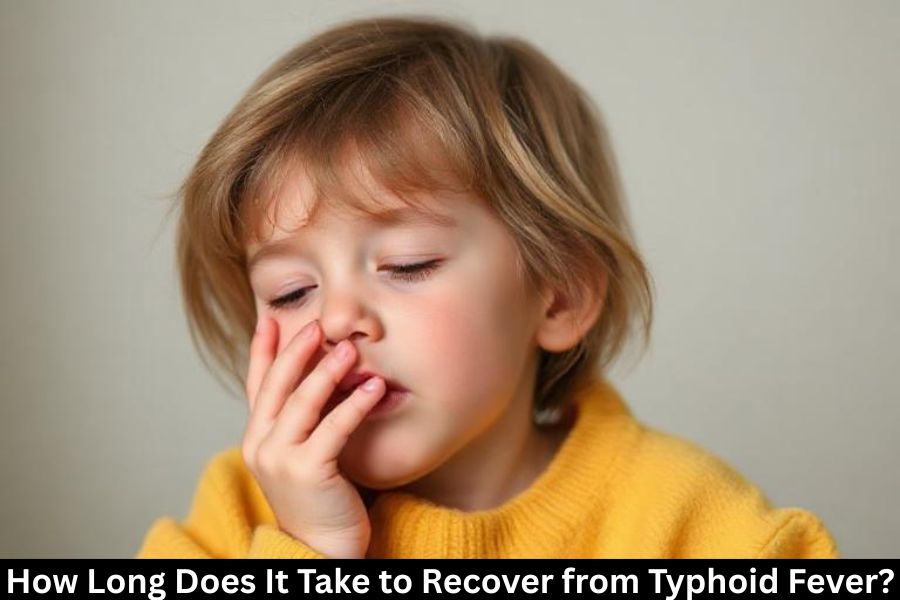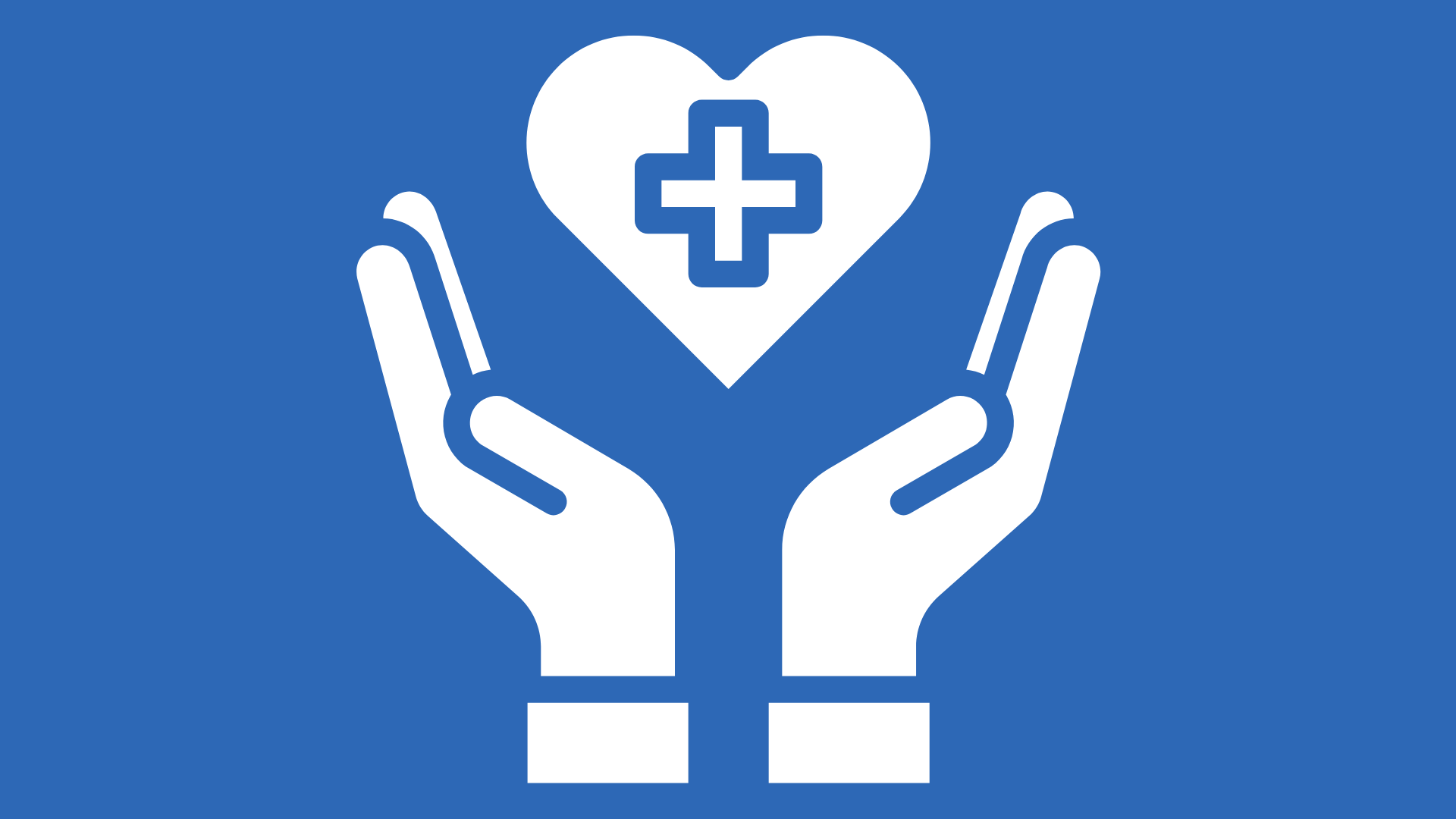Typhoid fever is a serious bacterial infection caused by Salmonella typhi. It primarily affects the intestinal tract and bloodstream and is commonly transmitted through contaminated food or water. Although typhoid fever can be treated with antibiotics, recovery time can vary depending on the severity of the infection, the patient’s overall health, and how quickly treatment is administered.
In this article, we’ll take a look at how long it typically takes to recover from typhoid fever, the factors that affect recovery, and what you can do to speed up your healing process.
What Is Typhoid Fever?
Typhoid fever is an infectious disease caused by the Salmonella typhi bacteria. When a person consumes food or drinks contaminated with the bacteria, it enters the bloodstream, causing symptoms such as high fever, abdominal pain, weakness, and loss of appetite.
Common symptoms of typhoid fever include:
- Prolonged fever (often above 103°F or 39°C)
- Stomach pain and cramps
- Diarrhea or constipation
- Fatigue and weakness
- Loss of appetite
- Headaches
- Rash (sometimes)
How Long Does It Take to Recover from Typhoid Fever?
The recovery time from typhoid fever depends on several factors, including the individual’s health status and how quickly treatment is started. On average:
- With Proper Treatment (Antibiotics):
- Most individuals will start feeling better within 3 to 5 days of starting antibiotics.
- Complete recovery may take 1 to 2 weeks depending on the severity of the infection and how quickly the antibiotics are effective.
- Without Treatment (Severe Cases):
If left untreated, typhoid fever can last for weeks to months. In severe cases, complications such as internal bleeding, perforation of the intestines, or septic shock can occur, which can prolong recovery or be fatal.
Factors That Affect Recovery Time
Several factors play a role in determining how long it takes to recover from typhoid fever:
1. Promptness of Treatment
Starting antibiotics promptly is crucial in reducing the duration of the illness. Fluoroquinolones, cephalosporins, and azithromycin are the most commonly prescribed antibiotics for treating typhoid fever. When antibiotics are started early, symptoms often begin to improve within 2-3 days, leading to a quicker recovery.
2. Severity of Infection
The severity of the infection also influences recovery time. If the infection is mild, a person may recover within a week to 10 days. However, if the infection is severe and complications arise, it can take several weeks to fully recover.
3. Age and Overall Health
Young children, the elderly, and those with weakened immune systems (due to conditions like HIV, diabetes, or malnutrition) are more likely to experience prolonged recovery times. In these cases, medical supervision and support, such as intravenous fluids and nutrition, may be needed.
4. Nutrition and Hydration
During the recovery phase, adequate nutrition and hydration are essential. Dehydration from diarrhea or fever can worsen the condition and delay recovery. Patients are advised to drink plenty of fluids, including oral rehydration solutions (ORS), and eat a balanced diet to aid recovery.
5. Complications
If complications like intestinal perforation, bleeding, or sepsis occur, recovery time is significantly longer. Surgery or intensive care may be needed, and recovery may take several weeks to months.
How to Speed Up Recovery from Typhoid Fever
- Follow Doctor’s Instructions: It’s critical to complete the full course of antibiotics as prescribed, even if you start feeling better before finishing the medication. Stopping early can lead to a relapse or antibiotic resistance.
- Rest and Sleep: Adequate rest is essential to allow your immune system to fight off the infection and aid in the healing process. Make sure to get plenty of sleep during recovery.
- Hydration: Typhoid fever can cause dehydration due to fever and diarrhea. Drink plenty of fluids like water, soups, and oral rehydration solutions to keep your body hydrated and help replace lost electrolytes.
- Eat Nutritious Foods: Gradually introduce light, easy-to-digest foods such as rice, boiled vegetables, and soup. Avoid heavy, fatty, or spicy foods that could irritate your stomach.
- Follow Up with Your Doctor: If you experience any complications or if symptoms don’t improve after a few days of treatment, see your healthcare provider for a follow-up. This can help identify any issues early and prevent further complications.
When to Seek Medical Help
While most cases of typhoid fever respond to antibiotics, some people may develop serious complications. Seek medical attention if you experience:
- Persistent high fever (over 104°F or 40°C)
- Severe abdominal pain or bloating
- Difficulty breathing or chest pain
- Blood in stool or vomiting
- Severe dehydration (dry mouth, dark urine, dizziness)
Prevention of Typhoid Fever
Preventing typhoid fever is key to avoiding the illness and its complications. To reduce the risk:
- Drink only safe, clean water (preferably boiled or bottled).
- Eat well-cooked food and avoid raw or undercooked meats.
- Practice good hygiene, including frequent hand washing with soap and water.
- Consider getting the typhoid vaccine if traveling to areas with a higher risk of the disease.
Conclusion
The recovery time from typhoid fever depends on how quickly you seek treatment and the severity of the infection. With prompt antibiotic treatment, most people recover within 1 to 2 weeks. However, untreated or severe cases can lead to prolonged recovery times and complications. Always seek medical care if you suspect you have typhoid fever to ensure you receive the proper treatment and avoid any further health issues.
FAQs
How long does it take for symptoms of typhoid fever to show up?
Symptoms of typhoid fever typically appear 6 to 30 days after exposure to the bacteria.
Can typhoid fever relapse after treatment?
Yes, if the antibiotics are not taken as prescribed, or if the infection is not fully cleared, there is a possibility of relapse.
Is typhoid fever contagious?
Yes, typhoid fever is contagious. It spreads through contaminated food and water, so practicing good hygiene and proper sanitation is important to prevent its spread.
Can typhoid fever cause long-term health problems?
If not treated properly, typhoid fever can lead to complications like intestinal perforation or sepsis, which may have long-term health effects.
Can I go back to work or school while recovering from typhoid fever?
It’s advisable to rest at home until you are fully recovered and have completed your course of antibiotics. Returning to work or school too early can risk spreading the infection to others.




